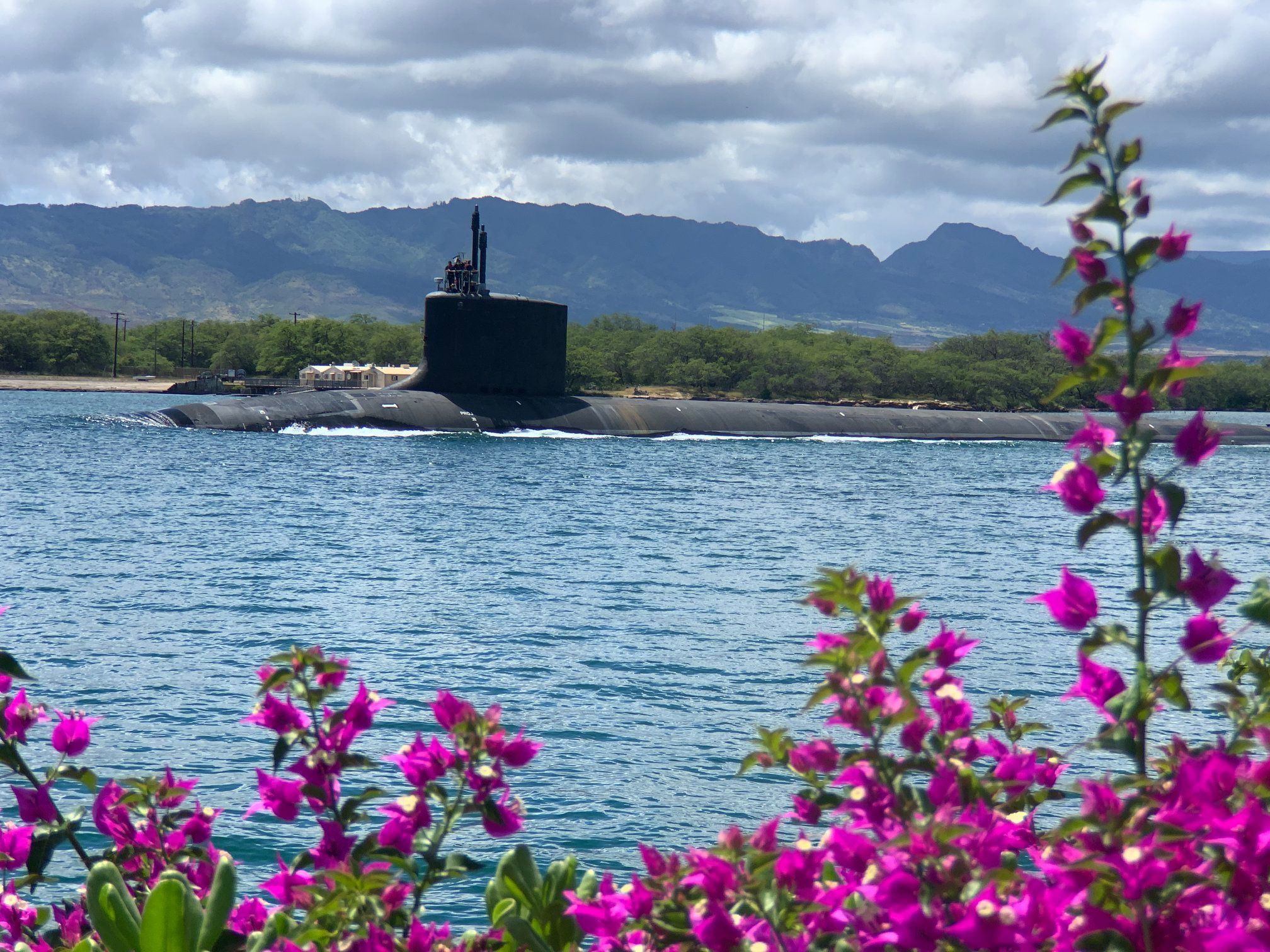
The Senate passed its version of the Fiscal Year 2021 National Defense Authorization Act with an 86 to 14 vote, following the House passing its version of the bill on Tuesday.
For the Navy, the Senate supported the ability for the Navy to contract for two Columbia-class submarines, authorized multi-ship contracts for amphibious ships, and added $475 million for advanced procurement of a second Virginia-class submarines, among other small changes from the Navy’s FY 2021 request.
In total, the Senate Armed Services Committee added $1.4 billion to the shipbuilding account, bringing the total to $21.3 billion.
The Senate bill did place restrictions on the service’s development of a new light amphibious warship, a new supply vessel and future unmanned vessels due to the lack of a long-range shipbuilding plan and a hold on the release of the Integrated Naval Force Structure Assessment by Secretary of Defense Mark Esper.
“Not having a requirement and not having a shipbuilding plan made it difficult to support funding requests to move forward on those [programs],” a staffer told USNI News last month.
“I think you’ll see our frustration reflected in our budget tables.”
The Senate bill also required the Navy to develop prototypes for the subsystems for the service’s planned unmanned surface vehicles as a requirement before the service can move into a full production program for the new vessels.
One of the largest gaps between the Senate and House bills is on the second Virginia attack boat. The House bill includes $2.57 billion in procurement and advance procurement funds to add a second Virginia-class attack submarine, maintaining a two-boat-a-year drum beat for submarine construction at General Dynamics Electric Boat and Huntington Ingalls Industries’ Newport News Shipyard. The Senate bill includes a smaller amount of advanced procurement for the second Virginia boat.
The Senate and House are also split on a specific provision to boost resources for U.S. forces in the Pacific. While both committees are supportive, they have two rationales for approaching the issue.
The Senate bill also includes language that could prompt the renaming of two Navy ships under a provision that “would remove all names, symbols, displays, monuments, and paraphernalia that honor or commemorate the Confederacy and anyone who voluntarily served it from bases and other property of the U.S. military.”
Guided-missile cruiser USS Chancellorsville (CG-62) was named for a major Confederate victory in 1863, and oceanographic survey ship USNS Maury (T-AGS-66) was named for Matthew Fontaine Maury, who was a major contributor to modern oceanography while leading the U.S. Naval Observatory. He joined the Confederacy and attempted to drum up support in Europe.
The language in both bills that would remove Confederate symbols from U.S. military installations, targeted at U.S. Army bases in the South, has drawn a veto threat from President Donald Trump.





